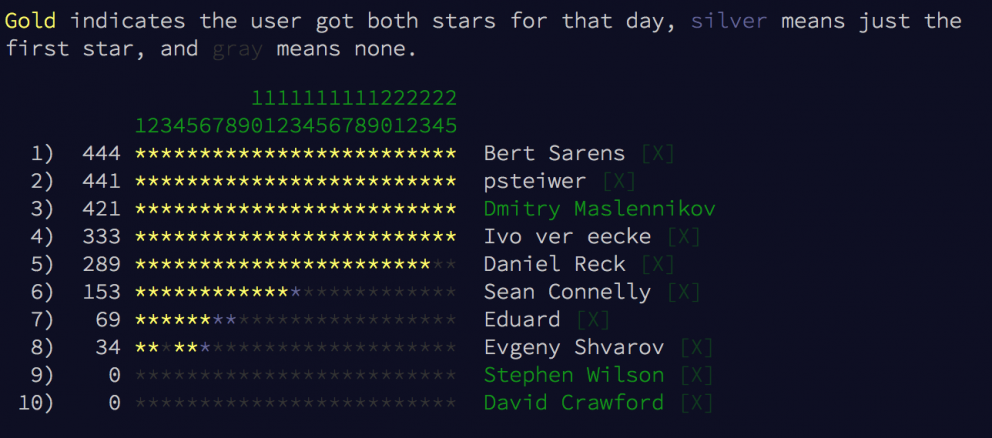SOLVED
tl;dr how can you tell if a number is really a string
The original question has been updated/improved.
Equality comparisons on floating point numbers will produce different results...
"1.1"=1.1 //is true!
"0.1"=0.1 //is not true :(
This second comparison can be fixed with...
+"0.1"=+0.1 // is true!



